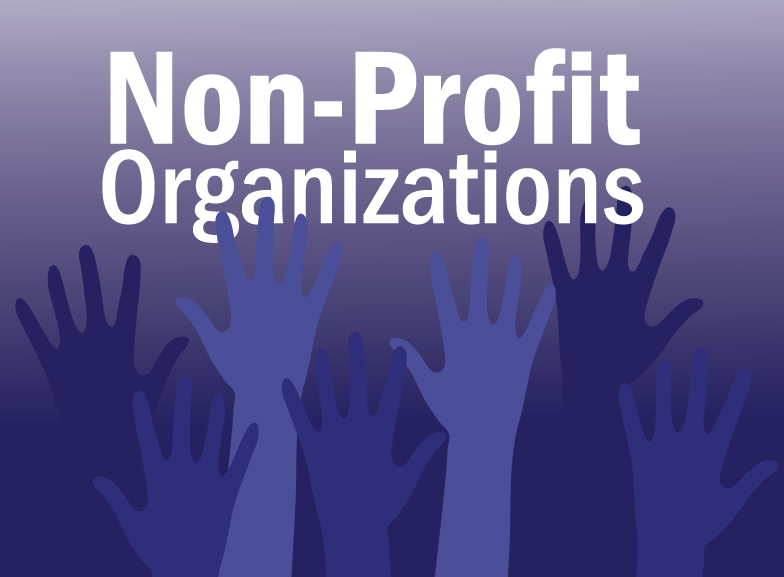We tend to think of nonprofits – the places where we worship, adopt our pets, receive our cultural stimulation, and so on—as completely tax exempt organizations. But many of these groups do face sales tax issues, both when they purchase items and when they sell goods and services.
Determining Status
Whether nonprofits, which are classified under a 501(c) status from the IRS, have to pay sales tax on purchases they make to run their respective organizations, as well as charge sales tax when they sell products or services, depends on state and local tax rules. Some states allow limited exemptions, while others have few restrictions. These can vary and be somewhat complicated. It may depend on the type of organization, the product, the state and/or the fundraising event. As such, proper due diligence is required.
Exemption Certificates
Many states require nonprofit organizations to apply for sales tax exemptions. The states provide application forms and instructions for submitting documentation. Many states provide tax-exempt nonprofit organizations with actual exemption certificates, a copy of which which the organizations then provide to retailers at the point of sale to document the transaction. Taxpayer identification numbers (TINs) are used on the exemption certificates to identify the organizations. Some states provide resources for retailers to verify sales tax exemptions online.
To obtain an exemption certificate application form, start by visiting the website of your state’s division of taxation or charity registration bureau. While this may sound self-evident, make sure you complete all applicable sections on the application. In smaller nonprofits, the application form would probably be completed by the organization’s executive director; for larger nonprofits, the chief financial officer will most likely complete the paperwork.
While the application will ask you to answer general questions on organization name, location and so forth, it may ask you to include the following support documents:
- IRS determination letter stating that the organization is exempt from income tax under 501(c)(3).
- Certificate/articles of incorporation, constitution, charter or trust agreement.
- Bylaws.
- Recent copy of a Certificate of Good Standing from the state where the organization is incorporated, if applicable.
- Recent copy of filing with Charities Registration, if applicable.
Depending on the state, there may or may not be a cost to file for an exemption. There are no specific deadlines to file the form, but, depending on upcoming organizational purchases, it behooves you to submit as soon as possible as the potential cost savings may be considerable. After mailing the completed form and supporting materials, you may have to wait a few weeks for processing and a response.
Federally Speaking
This relates to when the nonprofit is the seller of goods and services. According to the IRS, even though an organization is recognized as tax exempt, it still may be liable for tax on its unrelated business income (UBIT). For most organizations, unrelated business income is income from a trade or business, regularly carried on, that is not substantially related to the charitable, educational, or other purpose that is the basis of the organization’s exemption.
An exempt organization that has $1,000 or more of gross income from an unrelated business must file Form 990-T. An organization must pay estimated tax if it expects its tax for the year to be $500 or more. For additional information, search “Tax Information for Charitable Organizations” on www.irs.gov.
“A word of caution: Nonprofit organizations are not exempt from being audited by the IRS or a state taxing authority,” says Neil B. Becourtney, CPA, Tax Partner at CohnReznick LLP. “So, just like a for-profit business, nonprofits need to maintain sufficient, accurate records documenting their activities.”
Thanks for reading CPA Practice Advisor!
Subscribe Already registered? Log In
Need more information? Read the FAQs




